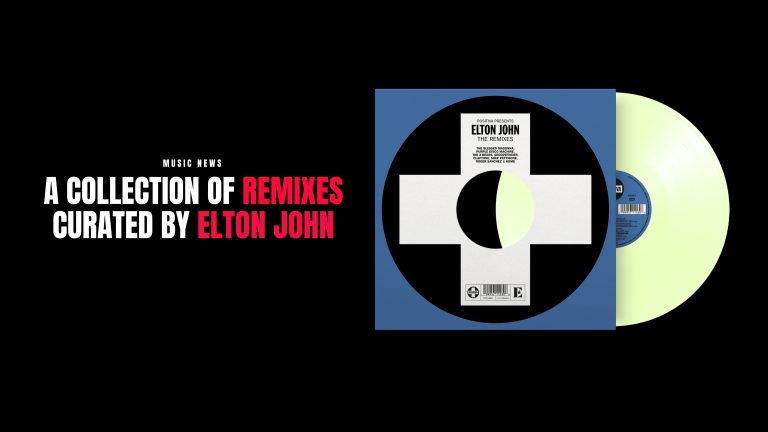Authorities in the Russian Republic of Chechnya have imposed a ban on music that is considered either too fast or too slow. Specifically, all “musical, vocal, and choreographic” works are now required to maintain a tempo between 80 to 116 beats per minute (BPM). This decision was announced by the Chechen Ministry of Culture, under the order of Culture Minister Musa Dadayev and with the agreement of Chechen leader Ramzan Kadyrov. The rationale provided for this rule is to make the music “conform to the Chechen mentality and sense of rhythm.” It’s a part of a broader effort to promote the cultural heritage of the Chechen people and to prevent the borrowing of musical culture from other societies.
Artists in Chechnya have been given a deadline until June 1 to modify any music that doesn’t adhere to this new BPM range. Failure to comply means that their music will not be permitted for public performance. This regulation is seen as aligning with Chechnya’s conservative cultural norms and the leadership’s strict approach to cultural and moral issues.
This ban significantly impacts modern music genres, particularly electronic styles like house, techno, and dubstep, which often have BPMs exceeding 116. Pop music, known for its diverse tempos, is also affected. The ban on certain tempos will silence a considerable range of modern musical styles, reflecting Chechnya’s unique political and cultural landscape under Ramzan Kadyrov’s rule




